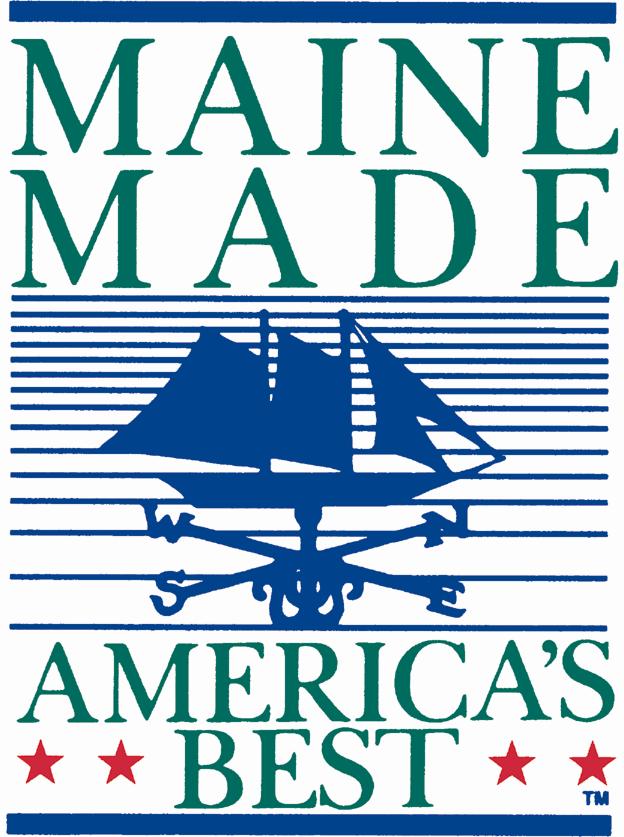Peasley Pottery
207-537-5044
North Atlantic Right Whale (NARW)
Kingfisher #3346
He was born in 2003 and suffered an entanglement within his first year of life. Multiple collaborative efforts have removed most of the life threatening gear from him over the years, but a portion of which still dangles from his right flipper. His name comes from the U.S. Coast Guard cutter, 'Kingfisher' that responded and assisted in the disentanglement response.
Kingfisher was last sited in Roseway Basin located in the southwestern Gulf of Maine (south of Nova Scotia) in the summer of 2014.
Phoenix #1705
In 1997 Phoenix was given her name after surviving a life threatening entanglement. You can see the bulges to her peduncle (the area above the tail fluke). She is one of the calves involved in the notorious 1987 "switched at birth" event. At first her mother appeared to be Stumpy #1004, but genetic testing proved her biological mother was in fact Mavynne #1151. Scientists have determined that during the time Mavynne and Stumpy gave birth, a storm had hit the Southeastern United States region. They figure these two mom's must have been in close proximity of each other and the calves somehow got switched. Stumpy's biological calf is Metompkin #1707, who has not been seen since 1998 and is presumed dead. Phoenix is featured in the Smithsonian Museum of Natural History.
The North Atlantic Right Whale is one of the most endangered whales in the world. The leading cause of death and suffering is entanglement in fishing gear. 83% of all right whales have been entangled at least once...that is quite a dramatic statistic for a population of less than 450. Prior to the implementation of the ship strike reduction rule, more deaths were as a result of ship strikes. This reduction in fatalities is an encouraging sign that the NARW may have a fighting chance at survival for years to come, but it is only part of what is necessary to make that a reality.
Below are a few stories that will truly illuminate the need for funding to help the research and conservation efforts. It's a personal look inside the lives of these whales. Because of the research being conducted we are given a glimpse into the lives of the whales, something most of us would never get the opportunity to do. I give thanks to all the research scientists who spend countless hours observing, recording, monitoring, photographing and conducting genetic samplings of these gentle souls of the sea. I appreciate their dedication and am grateful for it, because otherwise these whales wouldn't have that chance for survival, my grandson and future generations wouldn't have the opportunity to get to know these whales! Thank you!
 | ||||
 | ||||
Page still under construction....please check back soon to view completed page.
 | ||||||
